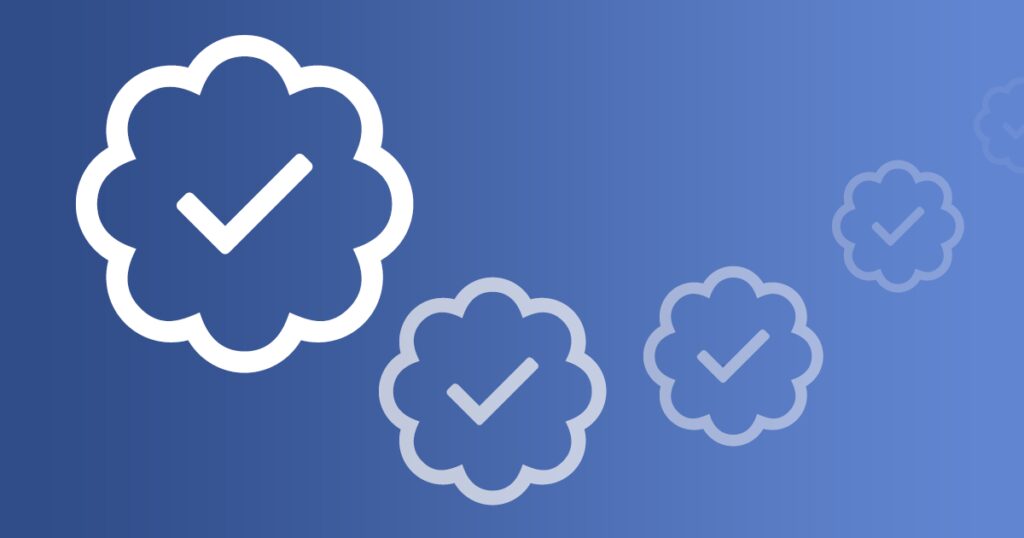When they were first unveiled in 2007, Pages were described by Facebook Founder Mark Zuckerberg as “a completely new way of advertising online.”
Though they’ve continued to evolve with the platform, at their core Pages have always represented a unique ability for brands to talk directly with their customers regardless of whether they used the ad platform or not.
Fast forward to just over a decade later, the company is looking to bring two important changes to Pages that will change their overall presentation and how organic impressions are calculated and reported.
Repeat Organic Paid Impressions
Bad news, social media managers…
Facebook is changing how it calculates organic impressions meaning it will likely show a decline.
Changes rolling out between Oct 17 – 28 pic.twitter.com/3QHuUqbCDZ
— Matt Navarra (@MattNavarra) October 17, 2019
As outlined in the above tweet by Matt Navara, social media industry commentator and consultant, organic Page impressions could see a reduction in perceived Page and post reach. The reason behind the move? To bring the way it filters repeat organic page impressions more in-line with the methodology it already uses for ads.
“We will be updating the time frame for which we filter out repeat organic impressions from the same person. As a result, you may see less organic impressions for your page and posts,” he shared. “This is not a change in distribution, but a change in the way we filter out repeat organic impressions that occur within a short amount of time. Other engagement metrics will remain the same.”
Ultimately, Facebook is looking to reduce the duplicate metrics derived from the same individual continually revisiting your Page and posts and, in turn, more accurately represent the physical number of people that have actually engaged with your content. As a result, Facebook admins may see a drop in their numbers.
Verification Badges
Facebook also revealed it would be removing the grey verified badges from Pages. First made available in 2015, their purpose was to designate authenticity and were granted upon completing an application that confirmed the page belongs to and would be managed by a member of the company.
The social media company touts that in response to feedback that these checkmarks caused more confusion than they were helpful, it’s “working on better ways to show Pages are authentic.”
Compare to the blue ticks utilized for accounts of celebrities, public figures, media companies and brands, acquiring a grey tick isn’t as stringent of a process making it easier to falsely present a duplicate company page as the real deal.
As a warning, while this process continues to pan out Pages wanting to prove their legitimacy post-October 30th should ensure that their Page profile is complete, including up-to-date information, a profile picture, and full contact information. Posting on a regular schedule is yet another practice being encouraged by the platform to show you’re active on the channel and still in business.
“We are unable to provide any estimates for how this update may affect your page, if at all. Fluctuations in impressions for Facebook pages and posts continue to be normal, as impression counts can be influenced by many factors over time,” the company claims.
Time will tell how your stats will be ultimately be affected by this update but one thing remains certain: it’s always important to have a concrete plan for measuring your performance and having a holistic picture of the trends driving the behaviors and fluctuations behind the numbers.
Join 100,000+ fellow marketers who advance their skills and knowledge by subscribing to our weekly newsletter.
